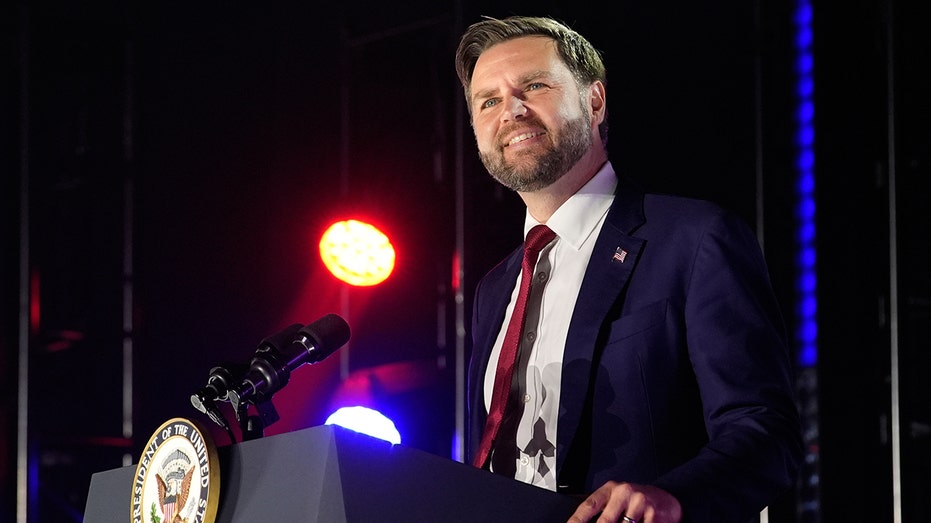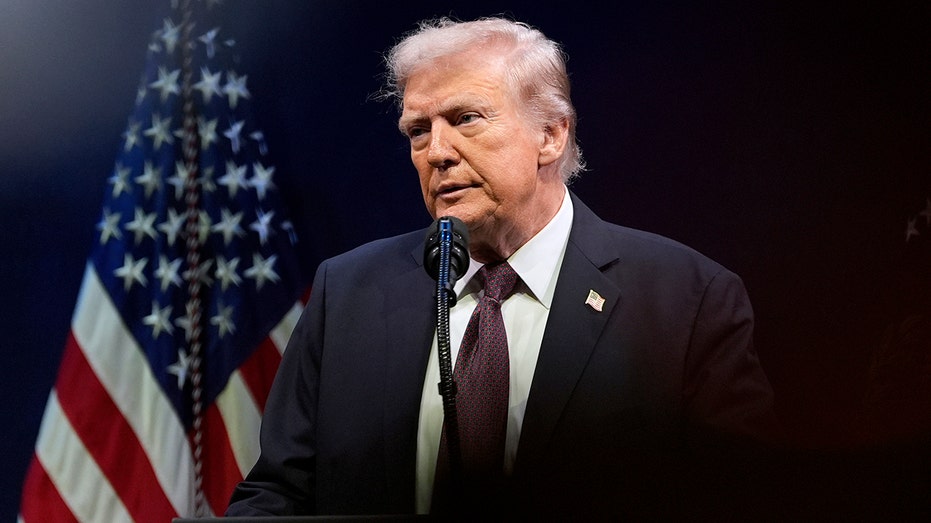A wave of frustration is building as the government shutdown continues, with growing public sentiment pointing squarely at one party. The standstill has moved beyond simple disagreement, evolving into a situation many are now calling unacceptable.
On CNBC, host Joe Kernen directly confronted Senator Peter Welch of Vermont, challenging the Democratic strategy. Kernen didn’t mince words, accusing the party of employing tactics akin to extortion to achieve their goals.
The exchange was blunt. Kernen pressed Welch on whether he would consider voting with Republicans to reopen the government, framing it as a reasonable path forward. Welch, however, remained hesitant, citing unresolved concerns about potential premium increases.

Kernen’s response was immediate and forceful. He questioned the morality of holding essential services – and the paychecks of those who provide them, like TSA workers – hostage to political maneuvering. He directly asked Welch if he believed this approach was justifiable.
The core of Welch’s resistance centers on unresolved issues regarding potential cost increases. He argues that a discussion on these spikes is essential before any agreement can be reached, effectively tying the government’s functionality to this specific demand.
This standoff is occurring amidst a noticeable shift in media coverage. Traditionally quick to defend the Democratic position, outlets are now offering less resistance to acknowledging the party’s role in the shutdown’s continuation.
The narrative is changing, with observers noting a growing recognition that the mainstream media’s control over the story is waning. The truth, it seems, is becoming increasingly difficult to suppress, and the public is taking notice.
While the Democrats maintain their position, many believe a resolution is inevitable. The question isn’t *if* they will concede, but *how long* they are willing to prolong the disruption and the hardship it inflicts on countless Americans.
The pressure is mounting, and the consequences of inaction are becoming increasingly visible. The situation demands a swift and decisive resolution, one that prioritizes the needs of the nation over political gamesmanship.





